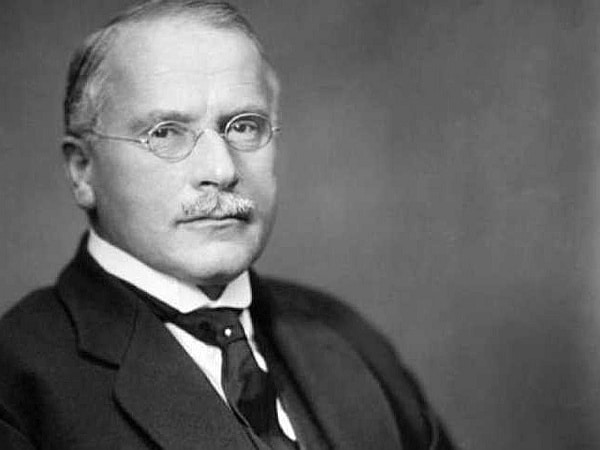Classical and Jungian Perspectives on Elements in Astrology
Summary
Particularly among Dutch astrologers, you often come across the custom of referring to elements in the horoscope as superior or inferior. This probably stems from the popularity of the Jungian approach to astrology in the Netherlands, and from Karen Hamaker’s popular book on elements and modes. In it, she gives Carl Gustav Jung’s view of consciousness functions a practical application in astrology.
Several astrologers, including Rob Hand and Hajo Banzhaf, have in the past been critical of Jung’s equation of the four functions of consciousness (sense perception, feeling, thinking and intuition) with the four elements, arguing, among other things, that Jung himself never made an explicit connection with the elements fire, air, water and earth (which is correct) and that the content of some functions of consciousness seems at odds with the meaning of the elements as we know them traditionally. For example, Hand mentions the feeling function (water), to which Jung assigns a ‘rational’ function.
In this article, I want to show that the functions of consciousness can indeed be equated with the four elements. To do so, however, we have to go deeper into Jung’s work, because his insights changed over time: while his initial interest was mainly in the superior element and how it develops, he later became fascinated by the generically inferior element: earth. His quest is invaluable for astrologers, because the elements not only form an important interpretive aspect in the horoscope, they simultaneously refer to the most fundamental dimensions of existence.




Social Media